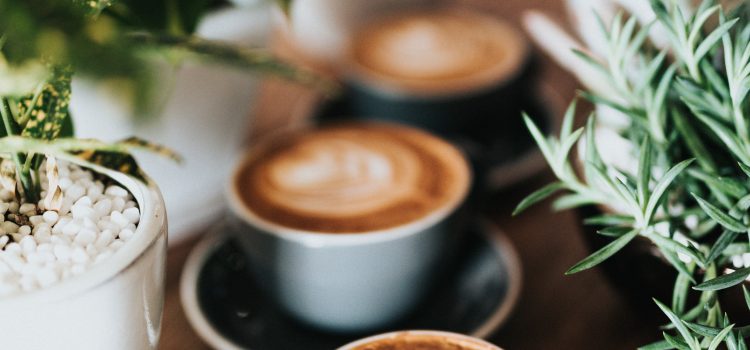
Are you a caffeine addict who can’t start their day without a hot cup of coffee? Do your daily workouts suffer due to lack of energy and motivation? It’s time to take a closer look at how your coffee habits could be affecting your sleep and exercise routine. In this blog post, we’ll explore the impact of caffeine on your body and provide tips for maintaining healthy habits without sacrificing that beloved morning brew. So grab a cup of joe (decaf if it’s past 2 pm!) and read on to find out more.
What are the Side Effects of Coffee?
Coffee is a popular beverage enjoyed by many people around the world. It can be consumed in many ways, including as espresso, coffee, and hot chocolate. Coffee is known to have many health benefits, including protecting against heart disease and reducing the risk of liver cancer. However, coffee also has some potential side effects. Here are five common side effects of coffee:
1) caffeine addiction
2) lower energy levels
3) anxiety
4) insomnia
5) headaches
The Relationship between caffeine and sleep
Caffeine is a stimulant that most commonly found in coffee and other brewed beverages. It can improve focus, concentration and task performance. However, it can also have negative effects on sleep and exercise.
Sleep deprivation has been linked with an increased risk of health problems such as weight gain, heart disease, diabetes and depression. Caffeine is a stimulant and can disrupt the natural sleep cycle by delaying drowsiness and promoting wakefulness. Over time, this can lead to poor sleep quality and decreased energy levels.
In addition to causing insomnia, caffeine intake has also been linked with an increased risk of obesity. Studies have shown that people who drink more than four cups of coffee per day are 60% more likely to be obese than those who consume less than one cup per day. This is because coffee contains high levels of caffeine, which predisposes people to overeat because it increases appetite levels.
Exercise is known to promote better sleep patterns by reducing stress levels and calming the brain. Caffeine consumption can interfere with the body’s ability to produce adequate amounts of cortisol, which is needed for healthy sleep cycles. Consuming caffeine before bed may lead to restless nights and difficulty falling asleep due to increased alertness and activity in the mind.
The Relationship between caffeine and exercise
People tend to think that caffeine is only good for keeping them alert during the day. However, as it turns out, caffeine can actually have a negative effect on sleep and exercise.
When you drink coffee before bed, it tricks your body into thinking it’s later in the evening and you should be going to bed. This makes it harder for you to fall asleep and increases the risk of experiencing anxiety or insomnia. In addition, caffeine can also keep you from getting a good night’s sleep because it keeps your muscles from relaxing.
Similarly, if you’re an athlete and drink coffee before physical activity, your performance will likely suffer. Coffee contains stimulants like caffeine which give you an energy boost but at the same time they can interfere with your body’s natural production of adrenaline, which is crucial when working out. As a result, coffee drinking athletes may feel jittery or anxious while exercising and their endurance may drop.
How to Reduce or Eliminate Your Coffee Consumption to Improve Sleep and Exercise
If you’re like most people, you probably enjoy a good cup of coffee in the morning to jumpstart your day. But is your caffeine habit impacting your sleep and exercise?
Here are six ways to reduce or eliminate your coffee consumption to improve sleep and exercise:
1. Experiment with different coffee types.
Some people find that they get more sleep if they switch to tea or decaf in the evening. It’s important to experiment and see what works best for you.
2. Limit caffeine intake before bedtime.
The most effective way to reduce coffee consumption is to limit it altogether before bedtime. If you can do this, you’ll likely find that you get better sleep and don’t need as much caffeine during the morning hours.
3. Swap out regular coffee for decaf or tea at breakfast time.
If possible, try swapping out regular coffee for decaf or tea at breakfast time. This will help to limit caffeine intake throughout the day while still giving you the energy boost you need in the morning.
4. Make sure your diet adjusts accordingly.
If you’re not getting enough sleep, your diet may be contributing too – especially if you’re drinking lots of caffeinated drinks throughout the day.]]>










